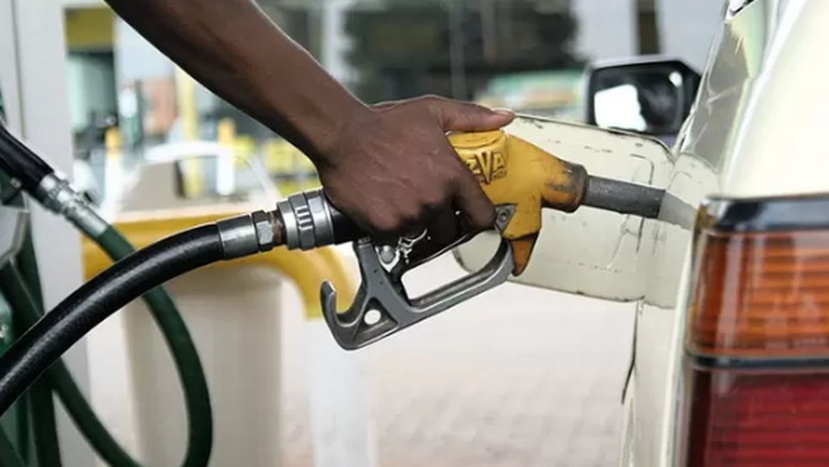The petroleum products pricing regulatory agency (PPPRA) has disclosed the main reasons behind the increment of fuel price.
According to PPPRA, the Premium Motor Spirit also known as petrol which was recently increased to N143.80 wasn’t as a result of the prices of crude oil alone, but mainly as a result of the increase in the price of petroleum products in the international market.
In an interview with Vanguard in Abuja, General Manager, Corporate Services of the PPPRA, Mr. Kimchi Apollo, disclosed that as a result of the gradual opening up of economies worldwide, a surge was recorded in the global demand for Premium Motor Spirit, also known as petrol, which caused the price of the commodity to rise.
He stated that the Federal Government had agreed that subsequently, everything concerning the price of PMS would be based on current market fundamentals and market forces.
According to him, the current guiding price is basically the price of the commodity as it is, and it is normally an average over a period, which was calculated and used in determining what the price is going to be in the subsequent month.
He said, “The current price is reflective of the market fundamentals. This is because of activities picking up worldwide. There was an increased demand for petroleum products, so the prices went up.
“We do not just sit down and fix price; it is based on certain parameters. Also, we did not fix prices, we only gave the guiding prices.
“People are only talking about prices of crude oil; that is not the determining factor alone for PMS price. It is the price of the products in the international market.
“Petroleum products price in the international market is not the same thing as crude oil price. So when some people are complaining, they are only just looking at crude oil price, which is just one component.
“When it is refined, we are not buying crude oil from them, but the products being purchased and all the things that accompany it.
“On Wednesday, there were reports that South Africa increased their pump price of petrol. It is driven by the same factor; probably, it is because they have seen, when they went to buy, that the price of the commodity had gone up, the same way that we saw that the price of the commodity had increased.
Based on that we now advised, because we are not fixing prices, we now advised that based on the market fundamentals, it would be safe for you to sell at between N140.80 and N143.80 per litre.
“The more profit-conscious marketers would naturally remain at N143.80, while others would go with the N141.80 per litre price range.”
Apollo maintained that the PPPRA would not allow petroleum products marketers to be solely responsible for the determination of the price of PMS, because evidence had shown that majority of the marketers do not have the interest of Nigerians at heart, and would not hesitate to exploit consumers if given the opportunity.
According to him, based on observations from the price of diesel, which the marketers had left unchanged, despite the low price of the commodity in the international price, the government would not put Nigerians solely at the mercy of oil marketers.
He said, “That is why we keep talking about the issue of marketers agitating that they want to be the ones to fix their prices. If they sell at N140.80 per litre, they would not make a loss, but why would they choose the highest band, if they are truly concerned about the good of Nigerians?
“Most of the marketers would not want to pick the lowest band, mainly because they do not have the interest of the people at heart. Yet, they are agitating that the PPPRA should stop advising them on the price to sell; that they should be allowed to advise themselves.
“No sensible government would allow such things. Just like what is happening in diesel; you cannot control the price because the marketers are fixing it themselves. They made it to remain high.
“When the price of crude oil and other petroleum products crashed, they did not reduce the price of diesel. Now these are the people hiding behind these things to shout that they want to be able to fix their own prices, which are mainly so that they can shortchange Nigerians.”
